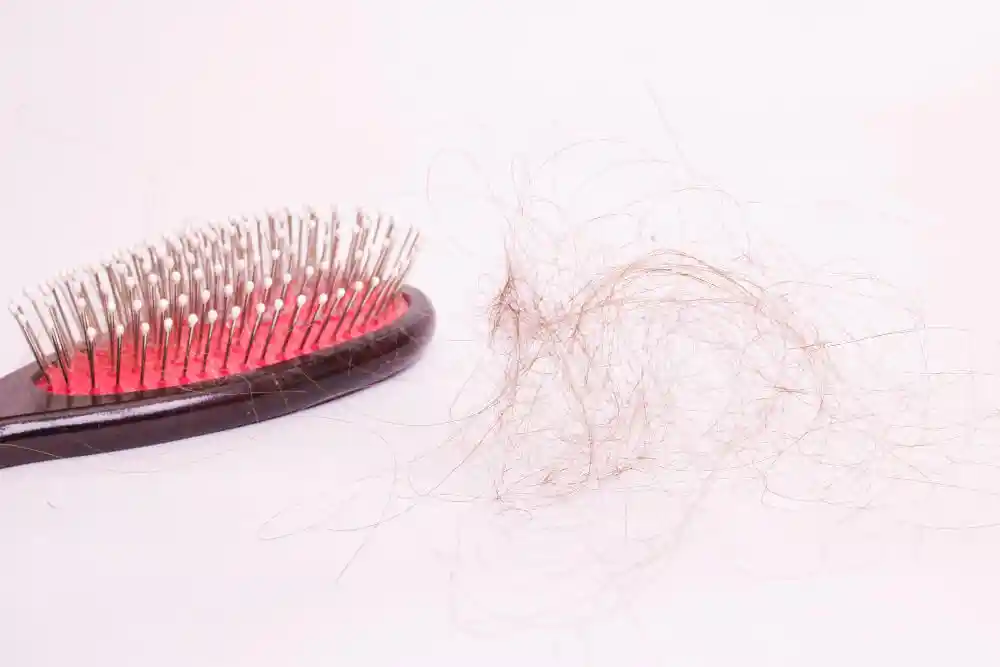
Last updated: 21-03-2023
Are you worried about your hair getting thin? You’re not alone. Millions of people all round the world lose their hair. It’s a common problem which has various causes. Luckily, understanding different types of hair loss – or ‘alopecia’ – helps find an answer that works. This blog post will take a look at them so you can understand why your hair’s getting thin and what you can do about it.
Alopecia Areata
Alopecia Areata causes sudden, patchy hair loss. This might sound scary. But it’s worth taking a closer look at what’s behind it. Sometimes a person’s immune system accidentally thinks their hair is a threat and targets it. This causes it to fall out in patches. And it can happen to either gender.
You might well worry about whether your hair will grow back. But there’s hope. There are several things that can help:
-
Injections
-
Medicines like Propecia and Finasteride
-
Wigs
There’s plenty of good news. We know a lot about Alopecia Areata and are making good progress finding new ways to deal with it.
Telogen Effluvium
This happens when lots of hairs start naturally falling out at the same time. Various things can cause it, like:
-
Stress
-
Hormones
-
Some medicines or illnesses
-
Big changes to your diet or lifestyle
Often, large amounts of hair fall out suddenly, making us panic and worry. This is totally understandable. Luckily, if we look after ourselves and give it some time, our hair will grow back.
Androgenetic Alopecia
Going bald can be really upsetting. This common cause of hair loss is a tricky one, to do with genes and hormones. Often it affects different genders in different ways. For men it can cause baldness. Women can see a parting that slowly gets bigger. It also affects all ages. So finding new ways to deal with it is important.
Trichotillomania
This is a complicated one. It’s when a person can’t help plucking their scalp, eyelashes, eyebrows or other parts of their body. They may also feel guilty or ashamed, which can make it even worse. The important thing is to understand how tricky it is and seek the right support. The best way to do this is by:
-
spreading awareness
-
being caring
-
working on helpful ways to deal with it.
Traction Alopecia
You may not have heard of this one. It’s hair loss caused by persistent stress due to hairstyles that pull on the hair. The strain can cause a person’s hair to slowly thin and fall out. The hairline is often the first thing to go. What’s really worrying is that it can lead to permanent damage if it isn’t dealt with quickly. The good news is that knowing about it and changing to a gentler hairstyle can make things better.
Stress-Related Hair Loss
People don’t always notice how stress affects their health. But did you know that both physical and emotional stress can cause hair loss? This can make a person feel awkward. One of the ways a person’s body reacts to life’s problems is to start losing hair. This is natural, as it’s got more important things to deal with. So, the important thing is not to worry about the hair loss, but to manage the stress. Remember, you’re not on your own. By taking steps to deal with stress, you can look after yourself and your hair too.
Conclusion
Many people lose their hair. There are many different reasons why. It’s important to understand these reasons to get effective treatment. No matter what type of hair loss you may be experiencing, talk to your doctor to start working out what the reason might be and how you can treat it.